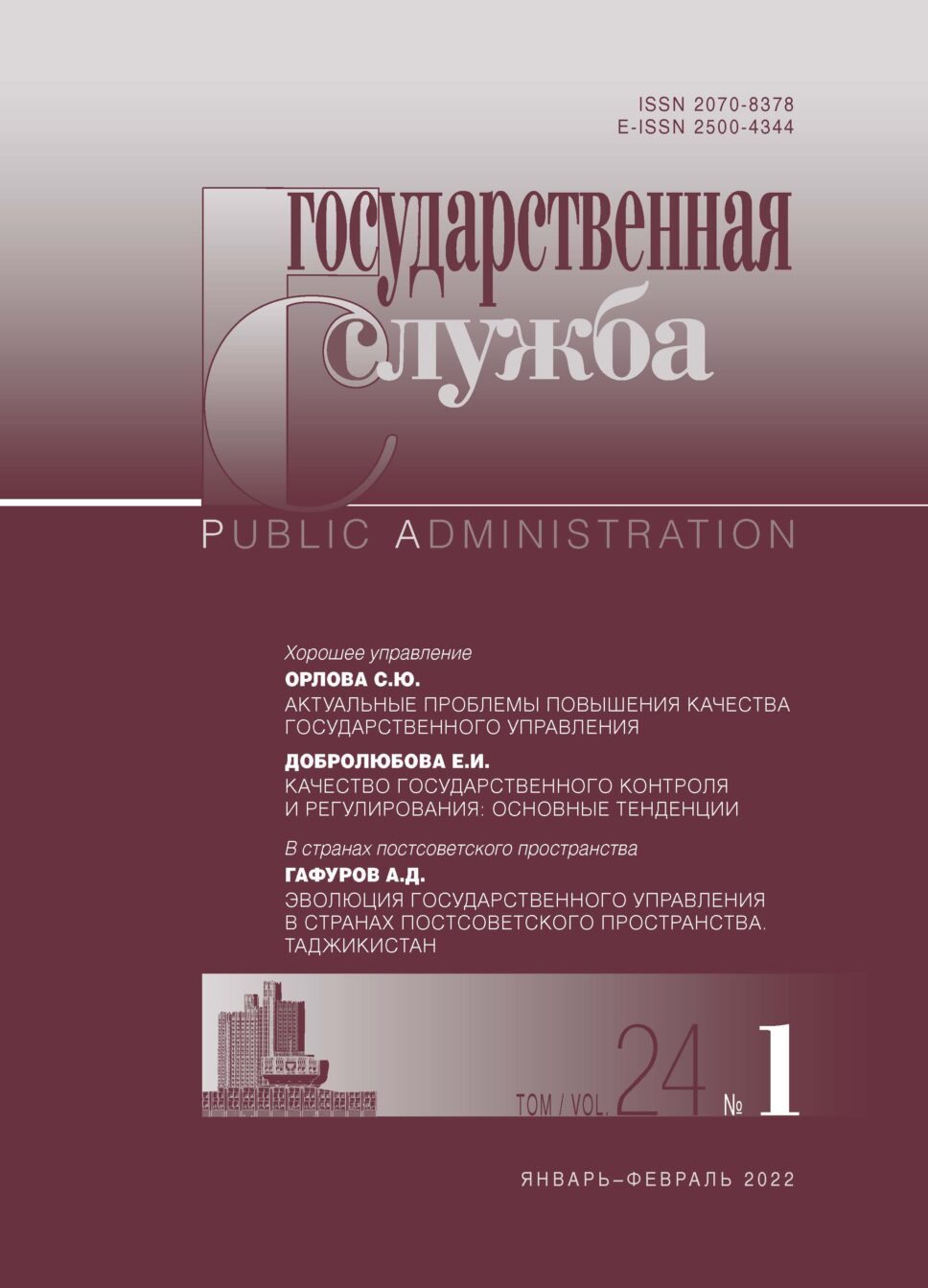Recommended link to article:
LYUDMILA I. DONSKOVAа
аRussian State Social University
ALEXANDER L. BARANNIKOVb
bMoscow Witte University
ALEXANDER G. REDKINc
cAltai State University
DOI: 10.22394/2070-8378-2022-24-1-86-92
Abstract:
Analyzing the issues of state regulation of tourism and tourism policy, the authors include a review of studies conducted by foreign and Russian authors, with the subsequent allocation of specific features. With a systematic approach, tourism is perceived as a socio-economic system that operates under the influence of external and internal conditions. External factors are conditioned and systemized connections and relations with other spheres of politics as well as their interactions with tourism policy. In the management system, in order to maintain balance between state administration and market relations, indicators of socio-economic efficiency are of great importance. Particular attention is paid to social efficiency and environmental sustainability, which allows this study to consider regional tourism formations. With the use of the expert evaluation method, the state regulation and support measures for tourism at the present stage are investigated. For further growth, it is necessary to consider the forecast of probable trends and patterns of development in this field, Russian conditions, and regional characteristics, as well as the mutual influence and interaction of state policy and tourism.
Keywords:
tourism policy, socio-economic indicators, state regulation, management efficiency, the expert evaluation method
Received:
December 7, 2021
References:
Bushueva I.V. New strategic priorities for tourism development in Russia. Servis Plus. 2019. No. 4. P. 25–33. In Russian
Zhelnina Z.Yu. Modern models of tourism management based on indicators of social efficiency. Sovremennyye problemy i puti ikh resheniya v nauke, transporte, proizvodstve i obrazovanii. 2011. No. 4. P. 73–81. In Russian
Kruzhalin K.V., Shabalina N.V., Fedotova S.V. Models of tourism state regulation (based on the example of foreign countries). Vestnik NAT. 2016. No. 2. P. 19–22. In Russian
Makhosheva S.A., Alikhanov A.V., Aloeva A.A. State regulation and support of tourism as a factor for development of the tourism industry. Voprosy ekonomiki i prava. 2012. No. 2. P. 181–184. In Russian
Monich I.P. Government regulation model of innovative activity in tourism branch on the example of the Zabaykalsky territory. Vestnik Buryatskogo gosudarstvennogo universiteta. 2012. No. 2. P. 102–107. In Russian
Serdobolskaya I.O. The role of state in regulating social tourism // Science and education in the socio-cultural space of modern society: a collection of scientific papers on the materials of the III International Scientific and Practical Conference. Smolensk, 2019. P. 69–73. In Russian
Khochetleva F.A., Meshvez S.K. Models for managing the tourism industry. Novyye tekhnologii. 2016. No. 4. P. 69–74. In Russian
Haxton P. A review of effective policies for tourism growth. OECD Tourism Papers. 2015. No. 01. In English
Paik W. The politics of Chinese tourism in South Korea: political economy, state-society relations, and international security. Wooyeal Paik. The Pacific Review. 2019. In English
Panasiuk, A., Wszendybył-Skulska E. Social Aspects of Tourism Policy in the European Union. The Example of Poland and Slovakia. Economies. 2021. 9: 16. In English
Valente F. Leadership and governance in regional tourism. Journal of Destination Marketing & Management. 2015. Vol. 4. No. 2. P. 127– 136. In English
Wang C. The role of local government and the private sector in China’s tourism industry. Tourism Management. 2014. Vol. 45. P. 95–105. In English
Articles in Open Access mode are published under the Creative Commons Attribution 4.0 International (CC BY) license.

